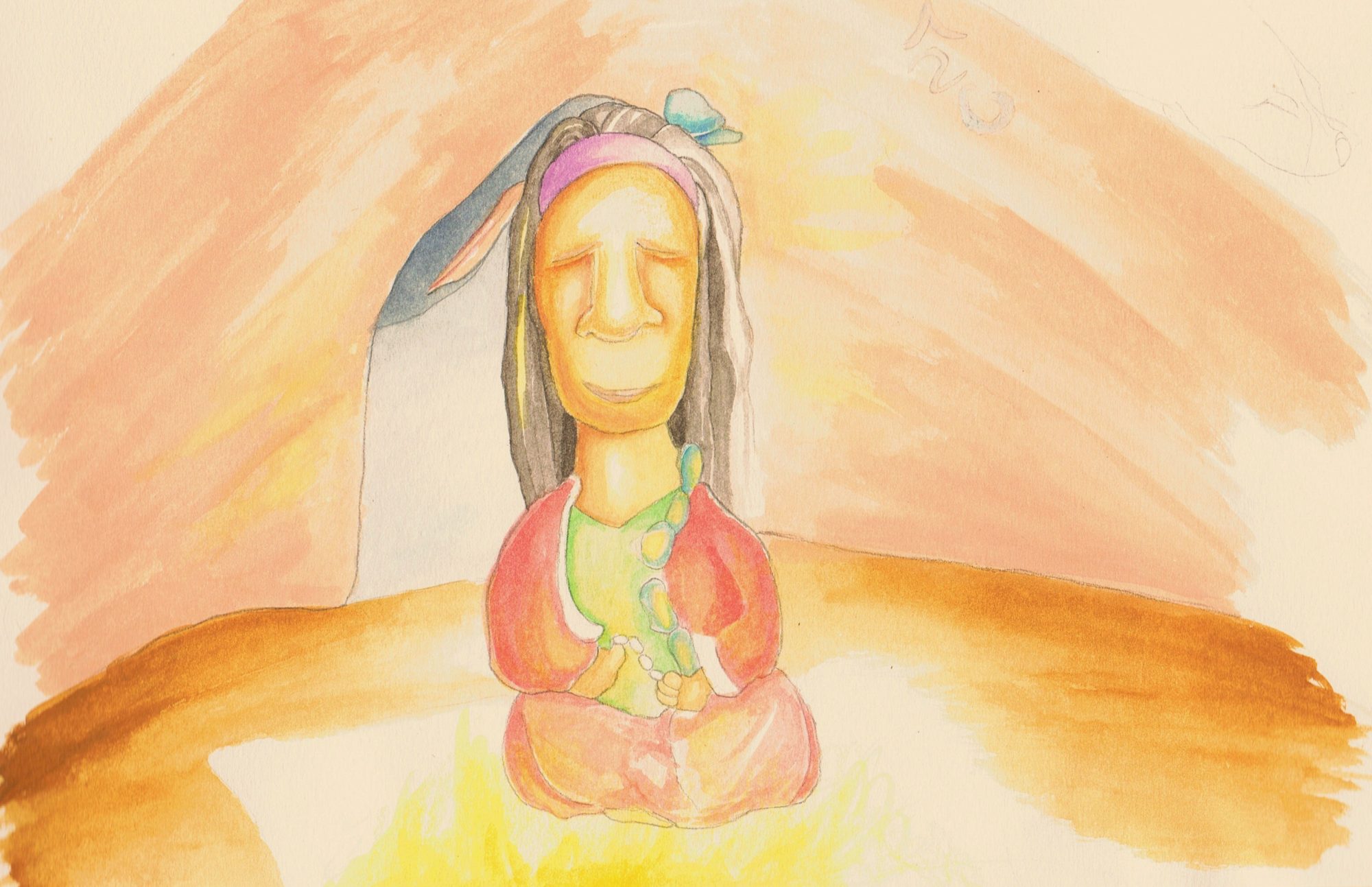How can dementia be a choice when it is not something that anyone would consciously choose?
Dementia is not a conscious choice, nor is it a rational choice or a logical choice but it is nonetheless a personal choice.
The paradox of choice is that the most common choice is not to choose. Just because I do not make a conscious choice doesn’t mean to say that I do not have a choice.
Procrastination & prevarication are common symptoms of modern life. It is becoming more and more apparent that the more options that I have, the harder it becomes to make a choice.
When I follow a path of not being able to choose, it becomes a habit. When I continuously & consistently allow other people to make my choices for me, my usual choice is to not choose anything for myself. Good choices require confidence and so a lack of confidence inhibits choice.
Being unselfish is the personal attribute of pleasing other people by choosing what you believe is best for them. The best way to please another person is to choose their choice because in that way, they are never displeased by you. Pleasing is the act of abdicating personal choice in favour of someone else’s choice. When I continually choose the best choices for other people, I give away my own authority to choose.
Dementia is a loss of personal choice by default. The default choice is to defer to another’s authority. A loss of choice is technically impossible. All individual human beings have an inherent authority of personal choice. Choice is innate for all human beings, it is what gives us dominion over the animals, unless that is, we abdicate or defer our choice to someone else.
Abdicating my choice and deferring to another’s authority is a choice, even when it does not appear to be a choice, because I believe that I have no other choice.
The problem is, choice is a matter of perspective. When I can see only one choice, I believe that I have no choice. I believe that I need two options to have a choice. When I have two options, I have a dilemma, which is the difficulty that I have in choosing between the two choices. Choosing between the two choices is a choice that I do not appear to have, it is a third choice. In the absence of a third way, I am stuck in a dilemma and seek advice from other people.
When I take another’s advice, I am using their authority of choice instead of my own. Taking someone else’s choice is an abdication of personal authority; even though I am apparently making up my own mind, I am making up my mind with someone else’s version of reality.
Making a choice based on someone else’s version of reality is not always empowered with personal authority and un-empowered choices are seldom experienced to have beneficial outcomes. If it somehow doesn’t feel quite right, it never is.
Beneficial outcomes come from inspired choices because inspired choices are empowered and personally authorised. Making personally inspired choices is the pathway of good mental health, which by definition can never lead to dementia.
Dementia is the eventual consequence of continually making uninspired and disempowered negative choices, which are not worthy of any special purpose. Eventually after a lifetime of making negatively authorised choices, the sub-conscious Id chooses to stop making any conscious choices anymore.
When I choose throughout my life, not to make any empowered choices, my disempowerment eventually leads to my inability to make any choice at all. I may not have consciously chosen not to choose but the evidence is that evidently I have always chosen not to choose whenever possible. It is now apparent that after many years of choosing not to choose, I have eventually succeeded.
From a negative sub-conscious perspective, other people making all my choices for me is apparently what I have chosen by default as my choice, for most of my life. In this scenario, dementia is not so much a loss of choice but the loss of the ability to make other people believe that their choice is exactly right for me.
Dementia is the gradual awareness that it is no longer possible to make conscious choices for oneself. It is not that one’s choice has been taken away but that it suddenly dawns on someone that they never really have had the ability to make their own choices and they are no longer able to hide that fact from other people.
Making other people’s choices is not being true to myself. It is not true to one’s own personal choice of a unique and individual life path for one’s Self. As with any lie or untruth, eventually other people learn the actual truth and at that point, all personal credibility is lost.
My choice of perspective determines my personal experience of reality. When I choose other people’s choices, I experience other people’s version of my reality. Accepting another’s version of reality is the ultimate fate of everyone who has dementia.
